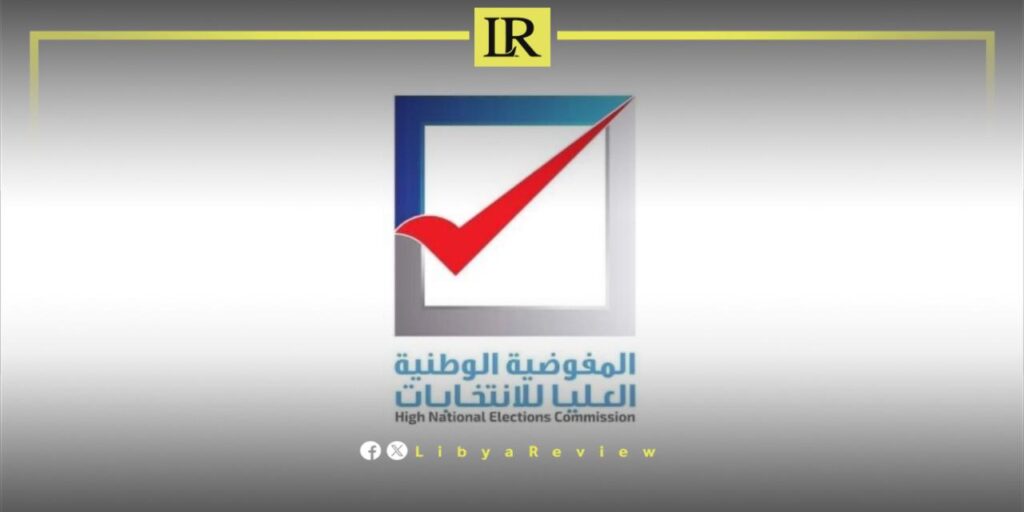The High National Elections Commission (HNEC) in Libya has issued a statement requiring all municipal council election candidates to submit detailed financial disclosures regarding their campaign expenses.
According to the statement, every candidate or electoral list must provide the commission with a comprehensive financial report. This report should outline the total revenues received, specifying their sources and nature, as well as the total expenses incurred for campaign activities, detailing how these funds were spent.
The HNEC also stipulated that the financial statement must be certified by a licensed accountant and submitted within ten days of the election day.
The announcement follows HNEC’s declaration of the municipal elections’ commencement in Libya on November 16, following multiple postponements since June. The delays were aimed at enabling broader voter participation. This marks another round of municipal elections since the first was held in 2013.
Libya has been in chaos since a NATO-backed uprising toppled longtime leader Muammar Gaddafi in 2011. The county has for years been split between rival administrations.
Libya’s economy, heavily reliant on oil, has suffered due to the ongoing conflict. The instability has led to fluctuations in oil production and prices, impacting the global oil market and Libya’s economy.
The conflict has led to a significant humanitarian crisis in Libya, with thousands of people killed, and many more displaced. Migrants and refugees using Libya as a transit point to Europe have also faced dire conditions.
The planned elections for December 2021 were delayed due to disagreements over election laws and the eligibility of certain candidates. This delay has raised concerns about the feasibility of a peaceful political transition.
Despite the ceasefire, security remains a significant concern with sporadic fighting and the presence of mercenaries and foreign fighters. The unification of the military and the removal of foreign forces are crucial challenges.


